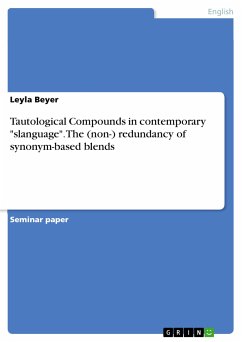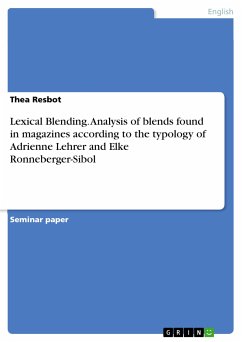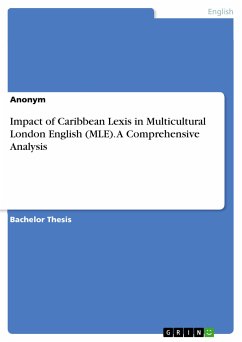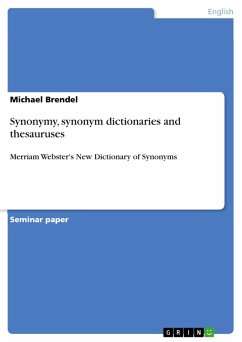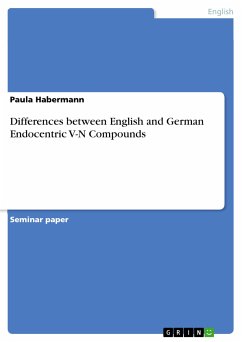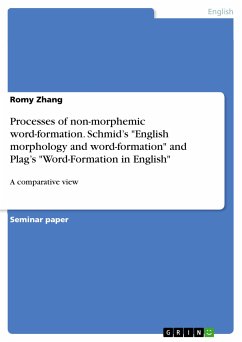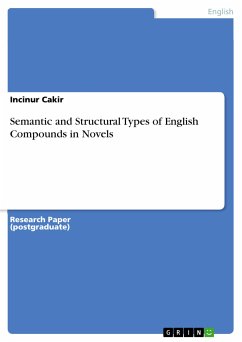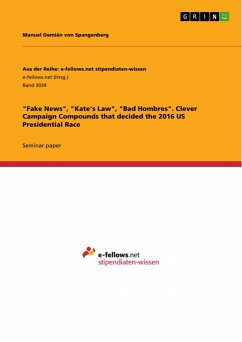Seminar paper from the year 2022 in the subject English Language and Literature Studies - Linguistics, grade: 1,3, Free University of Berlin (Englische Philologie), course: Lexical Semantics, language: English, abstract: This paper examines the functions of synonym-based blends in modern slang language. The objective of this work is to argue tentatively that synonym-based blends in contemporary "slanguage" serve a productive function and are not redundant in their meaning by validating the functions established by Benczes (2014) with a particular focus on synonym-based slang blends. In English morphological literature, the term "tautological compound" is used to refer to two phenomena: For one, compounds composed of a hyponym and a superordinate term (e.g., oak tree); and secondly, compounds based upon two synonymous units (e.g., subject matter). It is commonly considered a word-formation that is redundant in its meaning and serves no semantical functions. This concept has recently been challenged by a study demonstrating that tautological compounds are far from being redundant. Much like tautological compounds, there is an abundance of slang blends in the contemporary English language whose word formation appears redundant and tautological at face value.
Dieser Download kann aus rechtlichen Gründen nur mit Rechnungsadresse in A, B, BG, CY, CZ, D, DK, EW, E, FIN, F, GR, HR, H, IRL, I, LT, L, LR, M, NL, PL, P, R, S, SLO, SK ausgeliefert werden.

